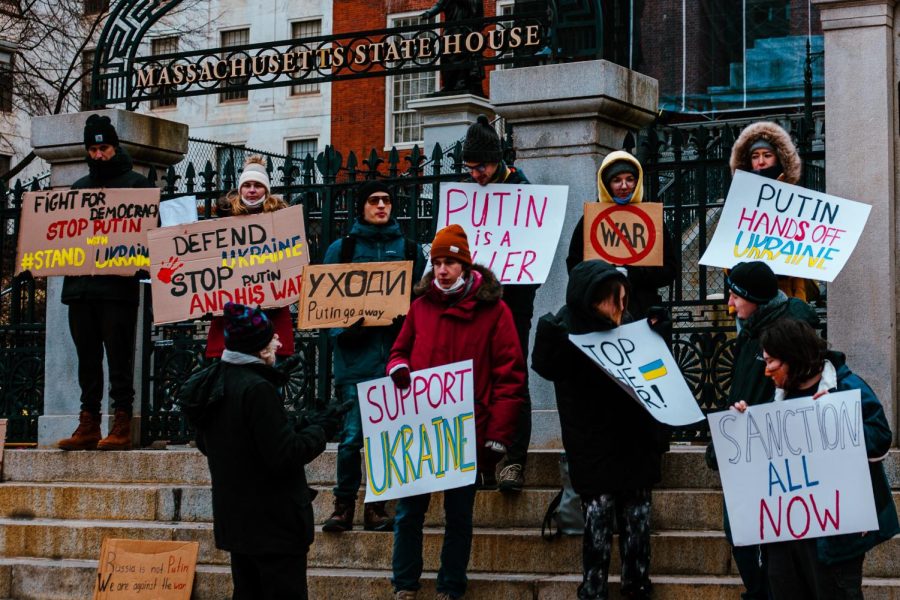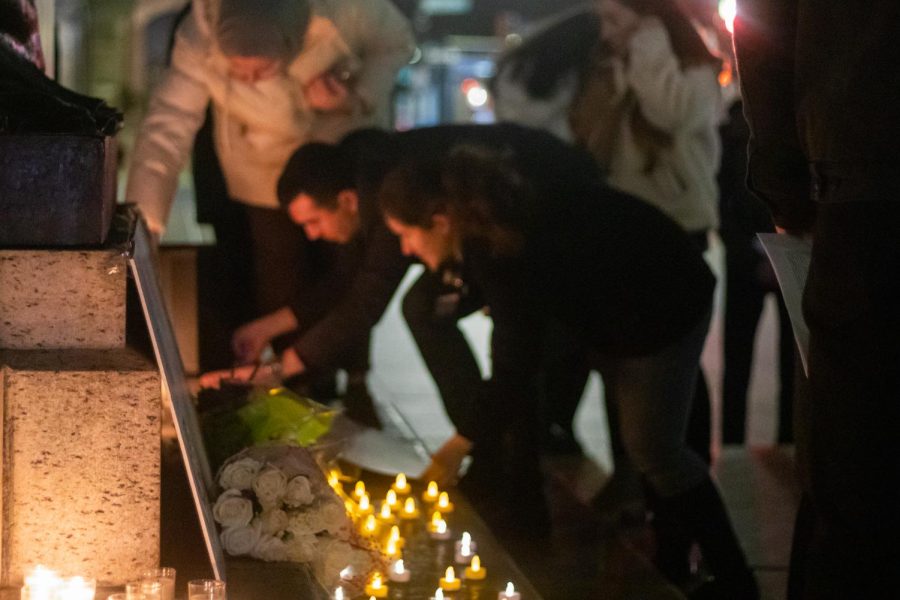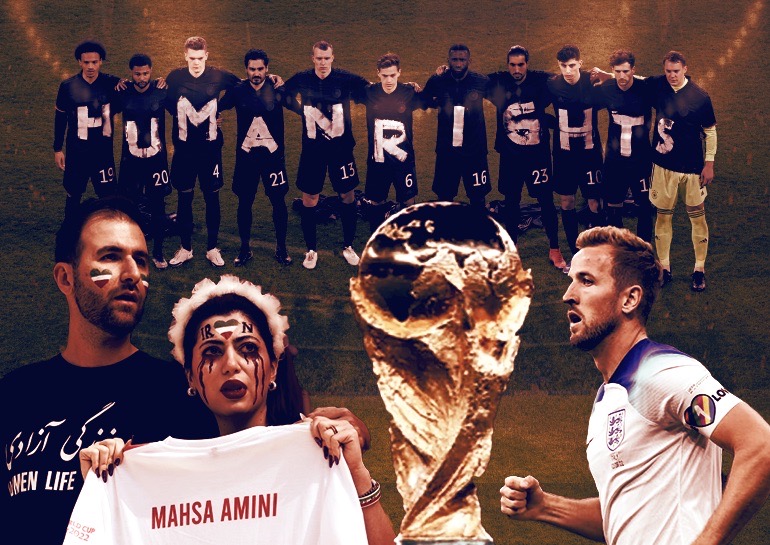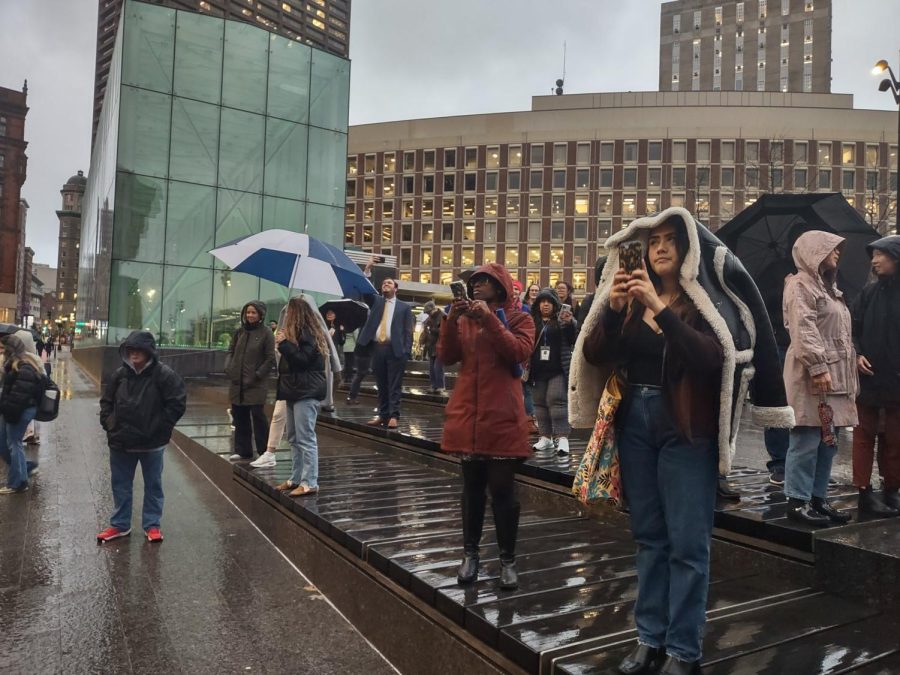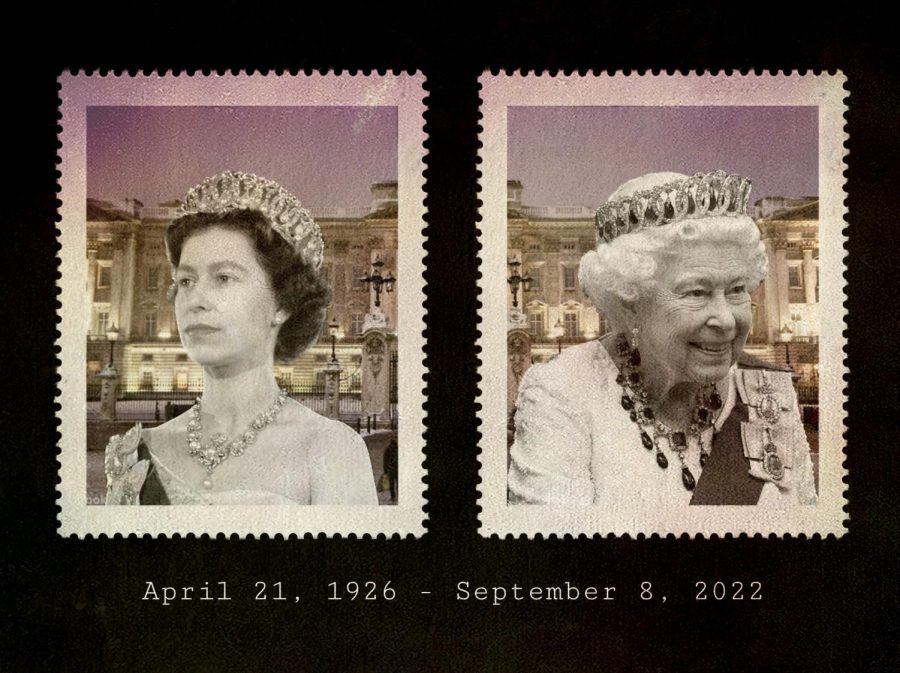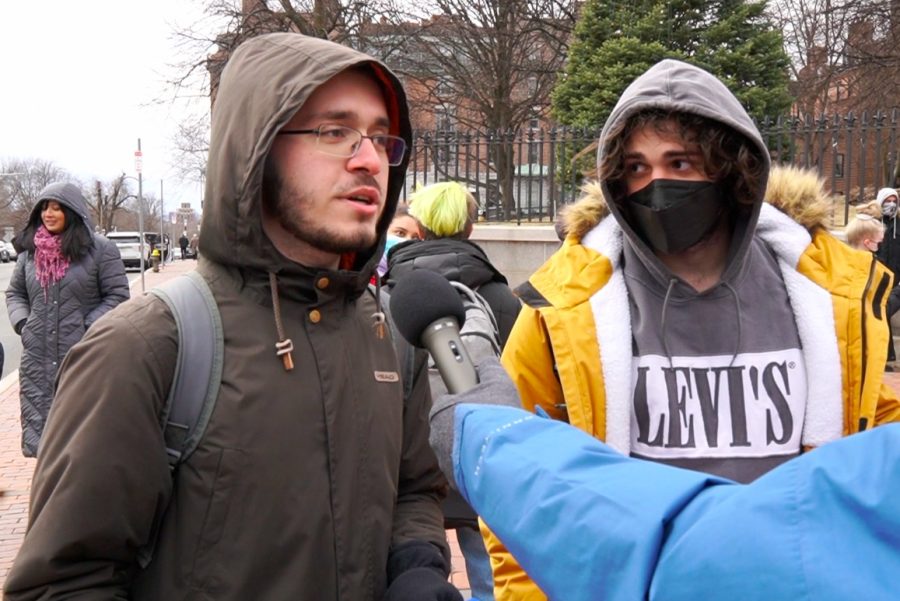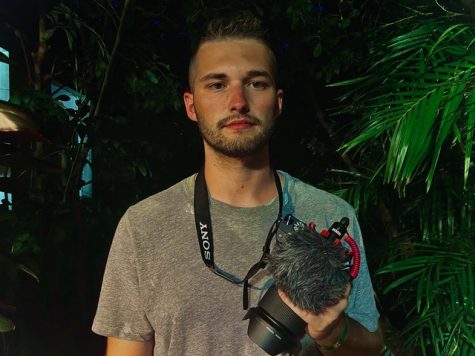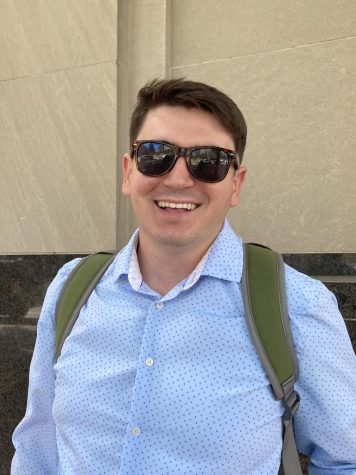Although the Cold War ended 30 years ago, relations between NATO member states and Russia have recently deteriorated, with the threat of a global war once again a possibility.
Tensions between NATO and Russia escalated after Russia carried out an attack on Ukraine earlier this week, marking another chapter in the ongoing Russo-Ukrainian War, which has been at a stalemate for eight years since it began in 2014.
Russia’s attack began early in the morning on Feb. 24, when the Russian armed forces launched a full scale military invasion of Ukraine. This came following Russian President Vladimir Putin’s recognition of the ethnic-Russian and separatist regions known as the Donetsk and Lugansk People’s Republic the night before.
Putin stated in a press conference that Russia sought to “demilitarize and denazify” Ukraine, referring to the pro-Western government of Ukrainian President Volodymyr Zelensky as a “military junta.” These actions resulted in widespread condemnation from NATO and the United Nations, and a call by these organizations for international sanctions on Russia.
The invasion began on Thursday morning with the deployment of Russian armed forces within the separatist regions. Putin also stated in a press conference that Russia’s objective was to support the separatists’ “right to self-determination,” and urged the Ukrainian people to “lay down their arms and go to their homes” to avoid minimal bloodshed.
Minutes after Putin’s announcement on Thursday morning, bombs began to explode on the major Ukrainian cities of Donetsk, Lugansk, Sumy, Kharkiv, Chernihiv, Zhytomyr and the capital city of Kyiv, as Russian armed forces entered Ukraine from the east. The port of Mariupol in southeastern Ukraine was also attacked by Russian naval ships.
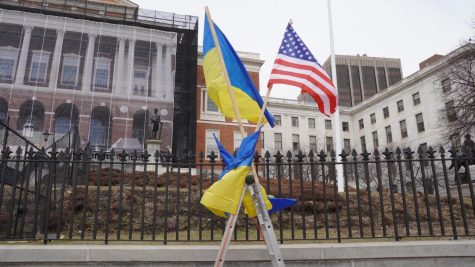
Just after 6 p.m. (EET), Russian armed forces stationed in Belarus invaded Ukraine from the north, overtaking the uninhabited site of the Chernobyl nuclear power plant. Simultaneously, Russian naval forces invaded from the south, overtaking Snake Island on the Black Sea, shooting and killing all 13 Ukrainian soldiers defending the island. The Russian navy then besieged the major port city of Odessa in southern Ukraine.
The invading Russian soldiers began to move closer to Kyiv Thursday evening, prompting Ukrainian citizens to flee their homes en masse. However, Zelensky’s government enacted martial law, and ordered that all men aged 18-60 remain in the country to be enlisted in the armed forces to defend their homeland.
In response to Russia’s invasion, NATO forces also began to deploy soldiers and weapons along Ukraine’s western and southern borders with Poland and Romania, as the bombings began to strike near cities further west such as Ivano-Frankivsk and Lviv, the latter of which contains the U.S. embassy.
Current NATO and Russian tensions over the war in Ukraine pose the threat of what many refer to as “a second Cold War,” as rhetoric in recent weeks by Putin has mirrored the tensions from the previous century.
Dmitry Zinoviev, who is a Russian-born computer science professor at Suffolk University, explained that the recent escalations will negatively impact both NATO and Russia.
“As far as I can see, it’s not ‘tensions’ anymore. It’s a whole bucket of harsh personal and state-level sanctions that essentially turns Russia into a North Korean, Juche-style autarky,” Zinoviev said.
While the U.S. bombing of Hiroshima and Nagasaki at the end of World War II is currently the only time in history a country has utilized nuclear weapons against another country, recent research finds that the nuclear capabilities of NATO member states and Russia are stronger than ever before.
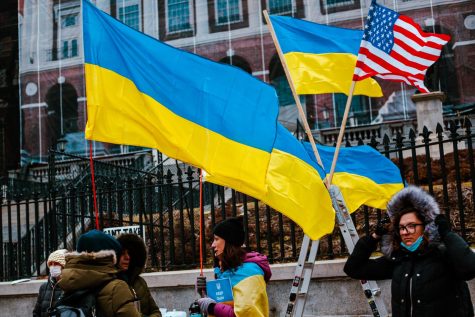
“Russia had eight years (since the previous war and Crimea annexation) to prepare for the isolation but has likely not entirely succeeded. Russia is in no position to demand or even request anything from NATO unless it exploits the nuclear card. Fortunately, Boston is not on the list of the probable targets,” Zinoviev added.
From 1945 until 1991, much of North America and Europe lived in a constant state of paranoia due to the looming threat of a global nuclear war, as tension between the U.S. and the former Soviet Union were at an all-time high during the Cold War.
In 1985, U.S. President Ronald Regan and President Mikhail Gorbachev of the Soviet Union met with various American and Russian scientists where they discussed the catastrophic potential outcomes of nuclear war and the radiation caused by the usage of nuclear weapons.
This discussion influenced countries with nuclear weapons in their possession to recognize the net zero effect of nuclear war, and to create a pledge that they would begin the process of nuclear disarmament.
Princeton University’s Science and Global Security Department conducted a simulation in 2019 of what an all-out nuclear conflict between the U.S. and Russia would look like. The potential outcomes would be devastating, resulting in approximately 91.5 million people dead and irreversible damage to the global environment.
According to the simulation, “the risk of nuclear war has increased dramatically in the past two years as the United States and Russia have abandoned long-standing nuclear arms control treaties.” The two countries have “started to develop new kinds of nuclear weapons and expanded the circumstances in which they might use nuclear weapons.”
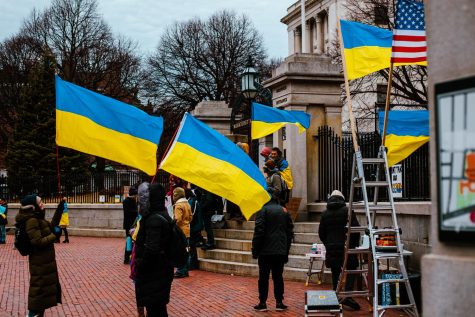
Although most politicians and military leaders are aware of the catastrophic impact posed by the usage of nuclear weapons, several politicians in both the U.S. and Russia have made threats regarding the capability and potential to use nuclear weapons.
One such example is Sen. Roger Wicker of Mississippi, who stated in an interview last December with Fox News’ Neil Cavuto, that the U.S. should not “rule out first-use nuclear action” against Russia in defense of Ukraine.
Wicker’s comment outraged Russian officials, prompting the Russian embassy in Washington to release a statement in December, condemning Wicker’s comment as “irresponsible.”
The Russian embassy stated that they “advise all the unenlightened to pick up and carefully acquaint themselves with the joint statement of the presidents of Russia and the U.S. of June 16, 2021.”
This was the date of the 2021 Geneva Summit between Joe Biden and Vladimir Putin, where the two leaders agreed to deter the number of nuclear arms in their countries’ possession.
However, in a Feb. 8 press conference, Putin also stated that Ukraine joining NATO would increase the likelihood of nuclear conflict breaking out in the future.
On Thursday, while officially declaring the invasion, Putin warned that foreign interference would yield “consequences you have never seen.”
“Tonight (Feb. 25), Ukraine expects a major offensive of the Russian forces. If the offensive chokes, it is very likely that Russia will pull out,” Zinoviev said.
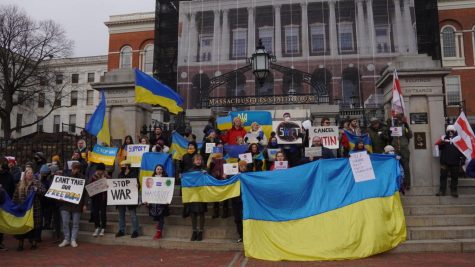
“Reportedly, it has already activated its second echelon and does not have the manpower to continue the intrusion,” he continued. “As a result, the two sides will return to the status quo, except that the relations between Russia and Ukraine will be ruined forever.”
In a response to the invasion, Boston protestors gathered on Thursday morning outside of the Massachusetts State House to condemn the Russian attack on Ukraine. The protestors called on the Massachusetts state government, the U.S. federal government and the people of Boston and the U.S. to support Ukraine and to arm and defend the country from the Russian attack.
Protestors varied from Ukrainians, to Americans, to other Eastern Europeans, who stated that they gathered to “call for peace,” “protect democracy” and prevent the possible outbreak of another global war.


